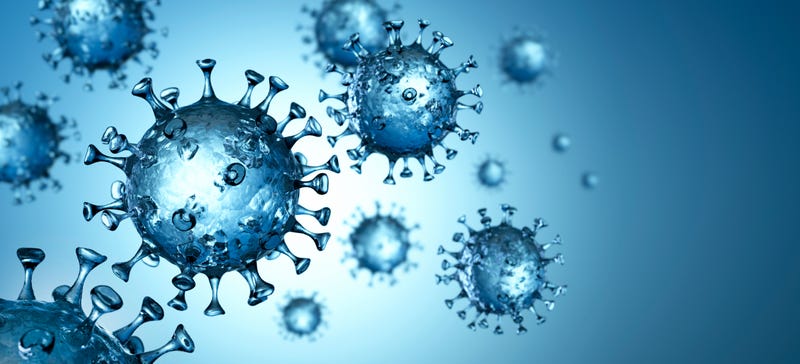
As the new variant spreads across the world and into the United States, it reinforces what many health experts already knew – that COVID-19 is likely sticking around for years to come.
It's becoming tougher to imagine not getting the virus at all, and the implications of what symptoms in the short-term are versus the long-term are very different.

Long COVID-19 symptoms are far more common in those who are unvaccinated, according to Dr. Amesh Adalja, Senior Scholar at the Johns Hopkins University Center for Health Security on "Ask an Expert" with KCBS Radio's Holly Quan and Eric Thomas.
"It's not normal," for those who are vaccinated to get long COVID-19 in breakthrough cases, he said. "It may occur in a minimum of people."
But getting vaccinated or a booster shot is more likely to just put off contracting a breakthrough case later, instead of making the person impervious, he said.
Obviously, no one wants to get COVID-19, but people have to think about strategy, he said. These first-generation vaccines will "kick the can down the road" until second-generation vaccines are developed.
"Especially since we know the trajectory of the pandemic is not influenced by booster vaccinations, it’s influenced by first and second doses," he said.
Looking ahead to the future, decades from now, the virus will have integrated into society. Although there will always be some risk related to COVID-19, "the best way to live with it is to get vaccinated so that you’re protected against the severe consequences of the disease," said Adalja.
"Eventually you will see some of the public health recommendations become more like recommendations than requirements in terms of isolation and quarantine," he said. Other innovations and treatments will also help, facilitating COVID-19's evolution into just another standard respiratory virus that people have to deal with every year.
Over time, it's likely the virus will also stabilize into a baseline mutation, said Adalja.
The new mutations coming out are a bit alarming, but "it's important to remember that’s what viruses have always done," he said. "Most of those mutations are not going to be scary, not going to change the function of the virus," he said.

